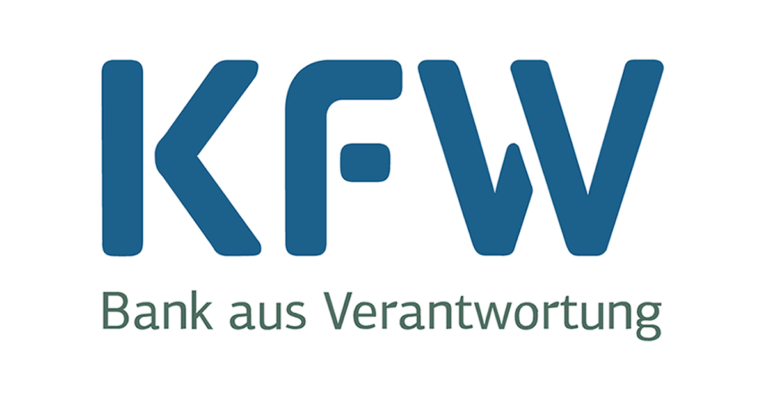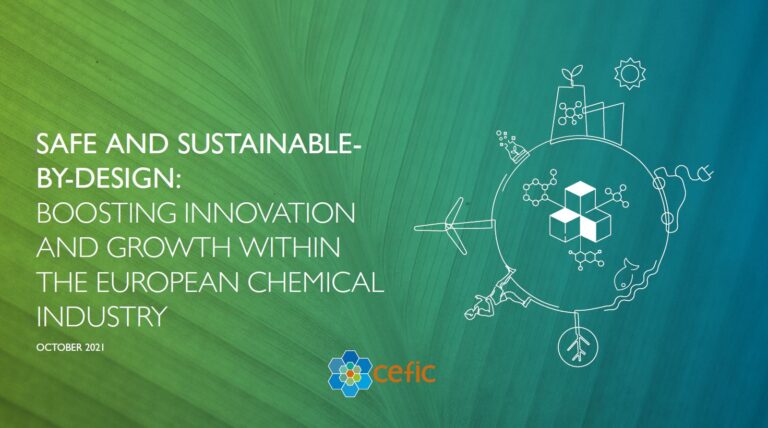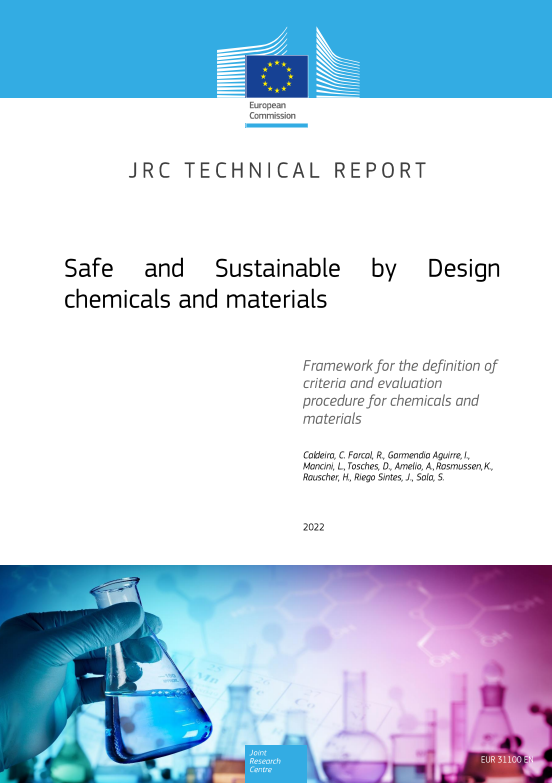Add to favorites:
Share:
Expected Outcome
Successful proposals will contribute to the implementation of the EU Bioeconomy Strategy and its action plan, the EU Zero pollution ambition for a toxic-free environment under the Chemicals Strategy for Sustainability and the Zero Pollution Action Plan, the EU Industrial strategy, as well as and the co-implementation of the Transition Pathway for the chemicals industry.
Projects results are expected to contribute to the following expected outcomes:
- Full-scale biorefinery and related value chain(s) for the sustainable large-scale production of bio-based drop-in platform chemicals.
- Availability of bio-based products meeting market and technical performance requirements, hence also facilitating the market uptake of bio-based solutions.
- Significantly improved sustainability, strategic autonomy, resilience and competitiveness of the European chemical industry and with impact also in other downstream sectors.
- Reduction of the fossil feedstock dependence of chemicals production and minimise biomass imports dependencies of the bio-based industries.
- Increased value for society, in terms of direct and indirect employment at local and regional levels
Scope
Overall, bio-based platform chemicals, according to their chemical structure, can be classified as dedicated and drop-ins.[1] Drop-in and smart drop-in chemicals are compatible with downstream value chains and thus have a theoretically lower market entry barrier compared to novel molecules. However, they have to face direct competition with their fossil-based counterparts, thus needing economies of scale and related large CAPEX investments to be competitive.
Proposals under this topic should:
- Demonstrate cost-effective, robust, sustainable, large-scale production processes for obtaining bio-based drop-in (including smart drop-in) platform chemicals at end TRL: 8. Both upstream and downstream process aspects are in scope. Bio-based drop-in platform chemicals should be analogues of fossil-based chemicals that are not substances of very high concern (SVHCs).
- Target resource efficiency, minimisation of the E-factor (process waste), as well as process safety aspects. The cascading valorisation of secondary biomass and residual streams is also in scope.
Demonstrate the further conversion and integration of produced chemical(s) into market-relevant final product(s) (reaching an end TRL 6 or higher). In addition to the specific requirements applicable for the type of action, as described in section 2.2.3.1 Specific requirements of the CBE JU Annual Work Programme 2025[2], proposals under this topic should:
- As part of the Multi-Actor Approach (MAA), ensure adequate involvement of key actors most relevant for achieving the objectives of the project from across the sustainable circular bio-based system, including B2B end-users and feedstock providers.
- Include a task to apply the safe-and-sustainable-by-design (SSbD) framework, developed by the European Commission for the assessment of the platform chemicals’ production process as well as the chosen final products derived from the drop-in platform chemicals. Under this context, projects are expected to also contribute with and develop recommendations that can advance further the application of the SSbD framework.[3]
- Address compliance with regulatory frameworks, considering the targeted platform chemical(s) and related impurities’ type and concentration.
- Ensure complementarities with past and ongoing R&I projects addressing similar challenges, including projects funded under Horizon 2020/Horizon Europe (Cluster 6 and Cluster 4) and BBI JU/CBE JU projects.[4]
[1] See definitions in the glossary of the CBE JU Annual Work Programme 2025 (https://www.cbe.europa.eu/reference-documents).
[2] https://www.cbe.europa.eu/reference-documents
[3] More specifically, provide thresholds that can support the criteria definition and improvements for the assessment SSbD methodologies, including any specificities related with bio-based chemicals. Recommendations should also include identification of data gaps, especially safety, environmental, but also socio-economic factors, as well as priorities for data collection.
[4] For example: projects AFTERBIOCHEM, URBIOFIN, BIOFOREVER, OPTISOCHEM, PROMOFER. The list is not exhaustive.
Partner Requests
Explore Real Collaboration Opportunities
🔍 As a logged-in member, you now have exclusive access to all active Partner Requests for this Funding Call.
See who’s looking for collaborators, explore exciting project ideas, and discover how others are planning to make an impact.
💡 Use these insights to get inspired—or take the next step and start a request of your own (3 entries for free).
Log in or registrate here for free.
You must be logged in to submit or manage a partner request.
Ask our experts about this call
Connect with the Listing Owner!
💬 Please log in now to send a direct message to our experts and ask your questions. Not a member yet? Sign up for free and start connecting today!
Related Funding and Finance Opportunities
Unlock Exclusive Funding Opportunities!
🔑 Get instant access to tailored funding opportunities that perfectly match your needs. This powerful feature is exclusively available to our premium members—helping you save time, stay ahead of the competition, and secure the right funding faster.
Upgrade to Premium now and never miss an important opportunity again! Already a premium member? Log in here to explore your matches.
Related Innovation Offers
Related Knowledgebase Resources
Discover More with Premium: Related Knowledge Resources
🔒 You’re missing out on expert-curated knowledge specifically matched to this topic. As a Premium member, you gain exclusive access to in-depth articles, guides, and insights that help you make smarter decisions, faster.
Whether you’re preparing a funding proposal, researching a new market, or just need reliable information—our Premium knowledge matches save you hours of research and point you directly to what matters.
Upgrade to Premium now and instantly unlock relevant knowledge tailored to your needs! Already a member? Log in here to view your personalized content.
Access Restricted
This funding opportunity is only fully available to premium members.
























